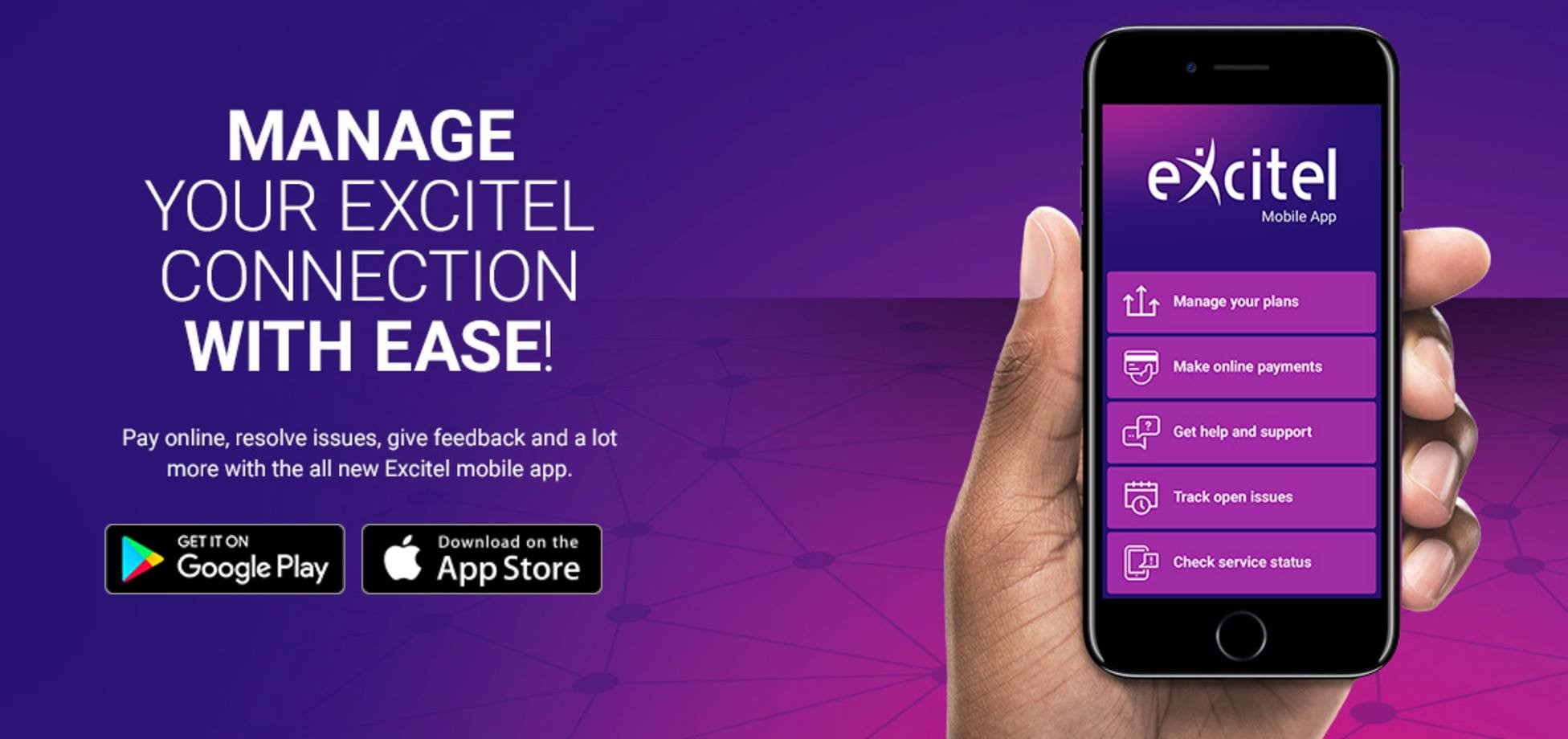The internet is now officially an alternative world to the physical world that we live in. We work online, we shop online, and we conduct many of our personal affairs online. No wonder there is a widespread demand for the best and the fastest internet access almost anywhere.
In India, where the Internet’s rate of penetration is at 50%, there is a significant demand for quality internet access, especially in urban areas. The need for fast internet speeds and quality internet access is also closely connected to trade and commerce in urban areas.
Even as the internet continues to spread to all parts of the country, internet services are only getting faster and better. Fiber optic internet has now ensured that your access to the World Wide Web is defined by fast speeds and quality services. However, before you go ahead and google ‘fibernet near me’, know more about how fiber optic internet is different and better than other internet access technology. Read further to know why fibernet connections deliver the best and fastest internet access.
What is Fiber Optic Internet?
Fiber optic internet allows for data transmission via beams of light going through glass or plastic fibers enclosed in a standard cable. As such, data is figuratively travelling at the speed of light which is why fiber optic internet delivers speeds up to 20 times that of regular cable internet at 1 Gbps.
The reason why fibernet ensures better speeds is because unlike regular DSL and cable internet, the cables through which data comes, do not contain copper. In DSL and cable internet, the presence of copper in cables causes overheating and interference in signals.
Fibernet Connections Types
Once you’ve googled ‘fibernet near me’, your chances of finding a services provider offering fibernet connections are higher in urban areas. However, different connection types have an impact on your internet speeds. The type of fibernet connection is determined by how close fiber optic cable gets to your fibernet router. There are three different fibernet connection types, they are:
FTTH: The FTTH (Fiber to the Home) type connection ensures that fiber optic cables come right to your door before connecting to your modem.
FTTC: FTTC (Fiber to the Curb) connection types limit the delivery of fibernet cable to the utility pole nearest to your home.
FTTN: Fiber to the Neighbourhood or FTTN limits fiber optic cable to a strategic point in the neighbourhood, before being rerouted through a standard cable to different homes. This variation of fibernet can be slow.
The FTTH fibernet connection type is the best, offering the highest internet speeds and minimal interference. However, there are more advantages to having an FTTH type fibernet connection. Read further to know more.
Advantages of a Fiber Optic Internet Connection
There are several advantages of a fiber optic internet connection, they are:
- Speed: Fiber optic internet runs at speed of 1 Gbps, which is easily 10 to 20 times the speed of regular cable internet.
- Dependability: If you have ever been frustrated by interference with regular cable internet, it is because peak hours and more users have an overloading effect on the wires. This is not the case with fiber optic internet which can handle more users and even more data transmission at better speeds.
- Zero Throttling: Throttling refers to the practice among regular cable service providers; wherein internet speeds are lowered to prevent outages at peak traffic. This does not happen with fiber optic internet, which is better equipped to handle a higher number of users, and data.
- Same Download and Upload Speeds: There is no speed moderation in fiber optic internet which is why you enjoy a uniform speed at all times. With regular cable download speeds are faster than upload speed. With fibernet, download and upload speeds are the same.
FAQS
Q: Where can I find a fiber optic internet service provider?
A: If you live in urban areas in India, it would be easier to find a fiber optic internet service provider near you.
Q: How much does it cost to get fibernet internet?
A: While some service providers charge for installation to cover the costs of your fibernet router and other equipment, many provide free installations. Monthly service charges generally differ, based on different factors.
